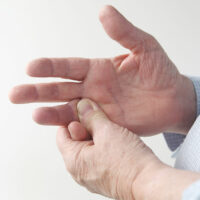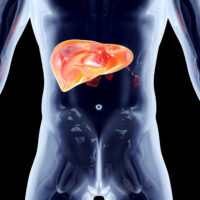When to drink water for maximum benefits

It does not matter if the temperature outside is warm or cool. Drinking lots of water during the day is rewarding to your body. Not drinking enough fluids can lead to dehydration and symptoms like low blood pressure, confusion, and dizziness. In this article, you will find tips on the ideal time to drink water. Following these tips can help your body make the best use of the life-saving liquid.
Drink water before and during meals
Drinking a glass of water 30 minutes before a meal can help control the overconsumption of food. When you drink water, you may feel full and can resist the urge to overeat. Furthermore, drinking water while eating a meal, especially foods rich in fibers, helps with digestion. The fibers move through the digestive system and absorb water.
Down a glass when you wake up
There is no water entering the body when you are asleep, and you may wake up dehydrated. Therefore, drinking water when you get up in the morning can help you stay hydrated. Consuming the healthy liquid when you wake up also ensures the flushing of harmful toxins before eating the first meal.
Drinking warm water before a bath benefits your blood pressure
While it may seem odd at first, drinking warm water before a bath can work wonders for your body. Studies also show that drinking warm water encourages the dilation of blood vessels. Such dilation helps reduce blood pressure.
Drink water before going to bed
Drinking a glass of water before going to bed is essential for better health. Water can keep you hydrated while you sleep. It can also cleanse the body of unhealthy toxins. Studies indicate that a person with a stomach ache may find a reduction in their symptoms when they drink water before bed.
Follow a schedule
Experts recommend drinking at least eight glasses of water a day. Here is a schedule that you might want to follow to stay hydrated. You should also note that the time at which you drink the liquid can differ based on when you wake up and other commitments.
- 7:00 am: Drink the first glass of water to hydrate your body when you wake up. You must have breakfast about half an hour after drinking the first glass of water.
- 9:00 am: About two hours after your first glass of water and breakfast is the best time to down the second glass of water. It gives you the energy you need to start the day.
- 11:30 am: About 30 minutes before lunch is ideal for the third glass of water.
- 1:30 pm: Sipping on some water an hour after lunch can help your body absorb the nutrients it needs from the food.
- 3:00 pm: Another glass during a tea break will help keep your mind fresh for the remainder of the evening.
- 5:00 pm: Drinking water at this time in the evening marks the sixth glass of water of your day. It will also help avoid overeating during dinner.
- 8:00 pm: You should drink the seventh glass of water after dinner but before your shower. As we said earlier, drinking warm water before a bath will help regulate blood pressure.
- 10:00 pm: The eighth glass is the last glass of water you must consume before sleeping. Doing so helps rejuvenate the cells while you sleep.
It is equally important to drink clean water. That’s when you can benefit from installing a water treatment system in your home. You will get drinking water that is clean, soft, and of better smell. Culligan is a brand that provides clean drinking water with products like water dispensers, whole-home filtration systems, and drinking water systems. You can get a free consultation in person, online, or over the phone.





